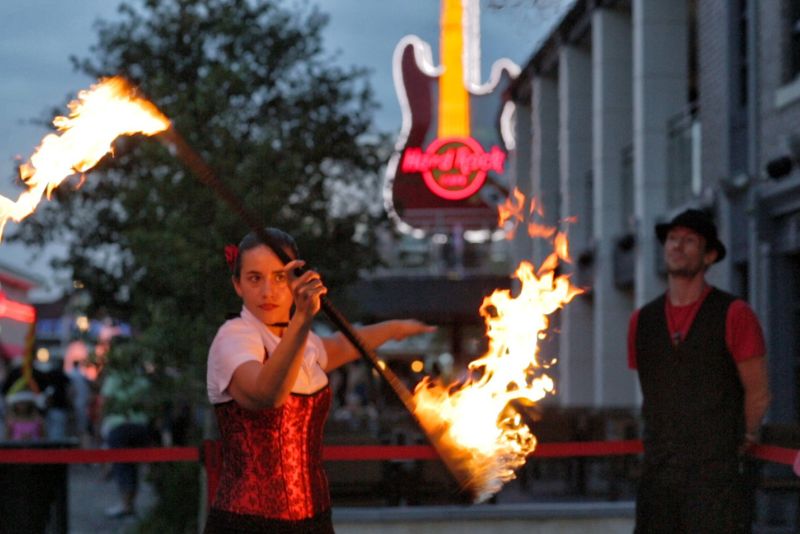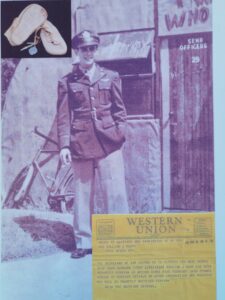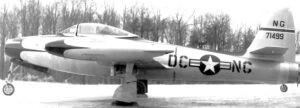WWII War Hero and Prisoner of War
by Melissa LaScaleia
William Glover Farrow was born on September 24, 1918 in Darlington, South Carolina. He attended St. John’s High School and graduated with honors in May 1935. In 1938, he enrolled in the University of South Carolina.
During his tenure at university, William was one of three people selected by the Civil Aeronautics Authority to attend pilot training at Hawthorne Aviation School. It was an honor to be selected, and an appointment which the government was funding. Consequently, it required a term of military service for the graduates who attended, upon completion.
In March 1940, William received his pilot’s license and was sent to Love Field in Dallas, Texas, where he was inducted into the U.S. Army Air Corps.
In 1941, he was sent to the San Angelo Air Corps Basic Flying School. He graduated two months later and was sent to Kelly Field, in San Antonio, Texas for advanced pilot training. He was commissioned as a second lieutenant on July 11. He completed the B-25 Mitchell training program, and then was sent to Pendleton Field in Oregon as a member of the 34th Bomb Squadron.
In April 1942, William, along with 80 other men, volunteered to participate in the Doolittle Raid— a retaliation attack against the Japanese in response to that country’s bombing of the U.S. at Pearl Harbor.
The mission required crews of five men to fly 25,000 lb land-based bomber aircraft from the deck of an aircraft carrier, dubbed the USS Hornet, off the coast of Japan.
Their target was an oil tank and aircraft factory in Nagoya, which they were to bomb, thereby rendering the enemy less effective from a military standpoint.
William’s B-25 aircraft, Bat Out of Hell, was the last to take off, which gave the Japanese time to deactivate the beacon that he was using for direction.
Unable to find their way back, William and his crew landed in the dark after their plane’s fuel was exhausted, near Nanchang, China. They were captured by the Japanese at break of day, and imprisoned for almost 7 months before being executed.
After his capture by the Japanese, a personal manifesto William wrote while still at university which he called his creed, was published to great acclaim. In it he set forth his personal views on how to live a proper life.
All during his imprisonment and after his death, William’s story was relayed by newspapers around the world and eagerly consumed by a public who lauded, respected, and were touched by his heroism and values.
Today, his remains a well-known World War II story, and William, a figure who still inspires hope and humility. His aunt, Margaret Meadows Stem, recounted his story in the book, Tall and Free as Meant by God.
Up until the time of his death, all evidence shows that William remained courageous, calm, and otherwise unfazed by his death sentence. His last letter to his mother included the following words, which were published in newspapers world-wide. His words comforted many who had lost loved ones during the war.
“Don’t let this get you down. Just remember God will make everything right and that I’ll see you all again in the hereafter. Read ‘Thanatopsis’ by Bryant, if you want to know how I am taking this. My faith in God is complete, so I am unafraid.”
At the end of the war, William’s ashes as well as those of his compatriots, were recovered and interred at Arlington National Cemetery.
During the course of his pilot training and career, William flew a wide array of aircraft. Some of these include the B-25 Mitchell, Boeing B-29 Superfortress, numerous variations of the PT-17 and PT-18 families of the Boeing-Stearman series, BT-14 Yale, AT-6 Texan, T-28 Trojan, and P-51 Mustang.
For his part in the Doolittle Raid, William was posthumously awarded the Distinguished Flying Cross, the Chinese Order of the Clouds, the Purple Heart, and a presidential citation among other awards.
He is the namesake of USC’s Arnold Air Society William Glover Farrow Squadron hosted by Air Force Reserve Officer Training Corps Detachment 775.
Farrow Parkway in the Market Common is named in his honor.




















